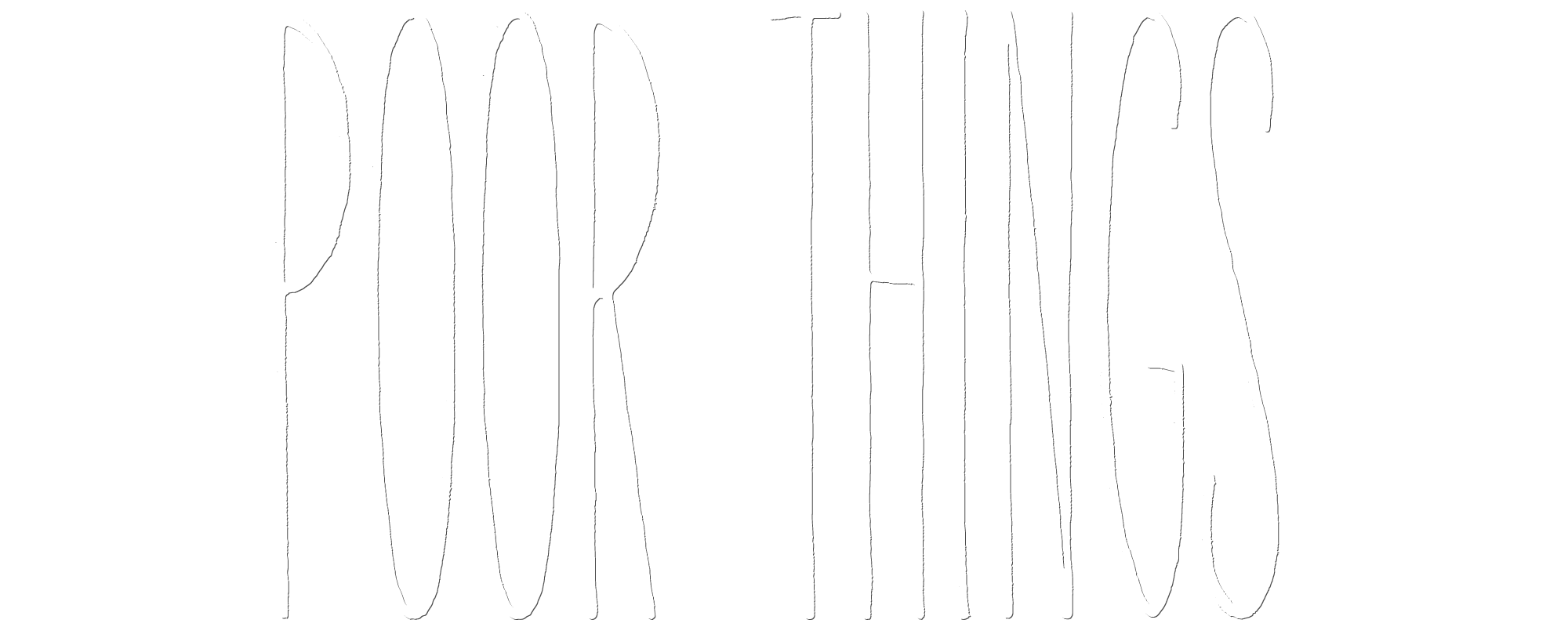Brought back to life by an unorthodox scientist, a young woman runs off with a lawyer on a whirlwind adventure across the continents. Free from the prejudices of her times, she grows steadfast in her purpose to stand for equality and liberation. A film by Yorgos Lanthimos, starring Emma Stone, Mark Ruffalo, Willem Dafoe, Ramy Youssef, and Jerrod Carmichael.
POOR THINGS
Yorgos Lanthimos
(2023)
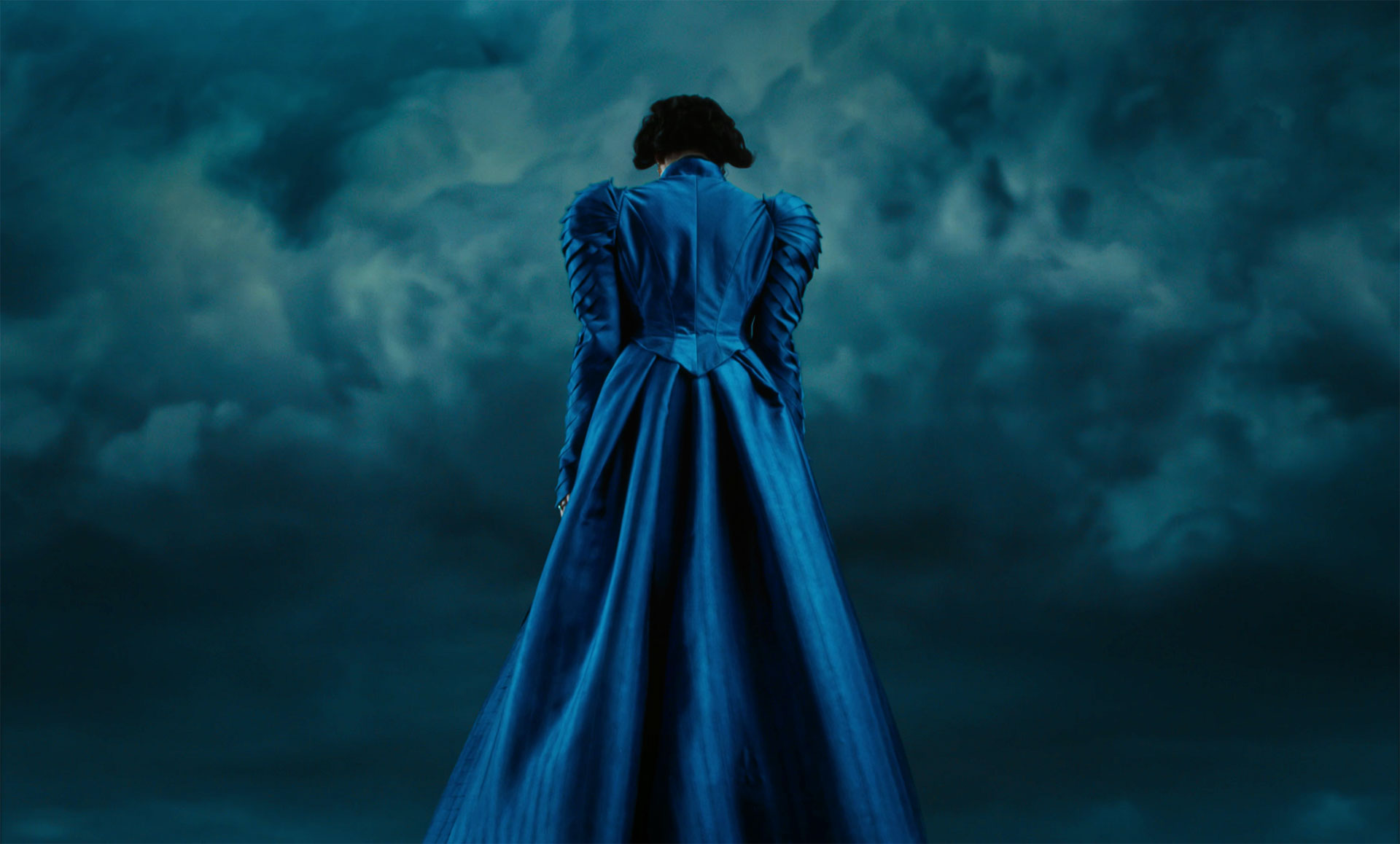
The film begins with a mystery, we see the back of a female figure. As the camera zooms out, we learn that the woman is standing on the edge of a bridge. She then leaps off, slowly descending to the water below. The scene abruptly cuts off, leaving us wondering what actually happens to her.
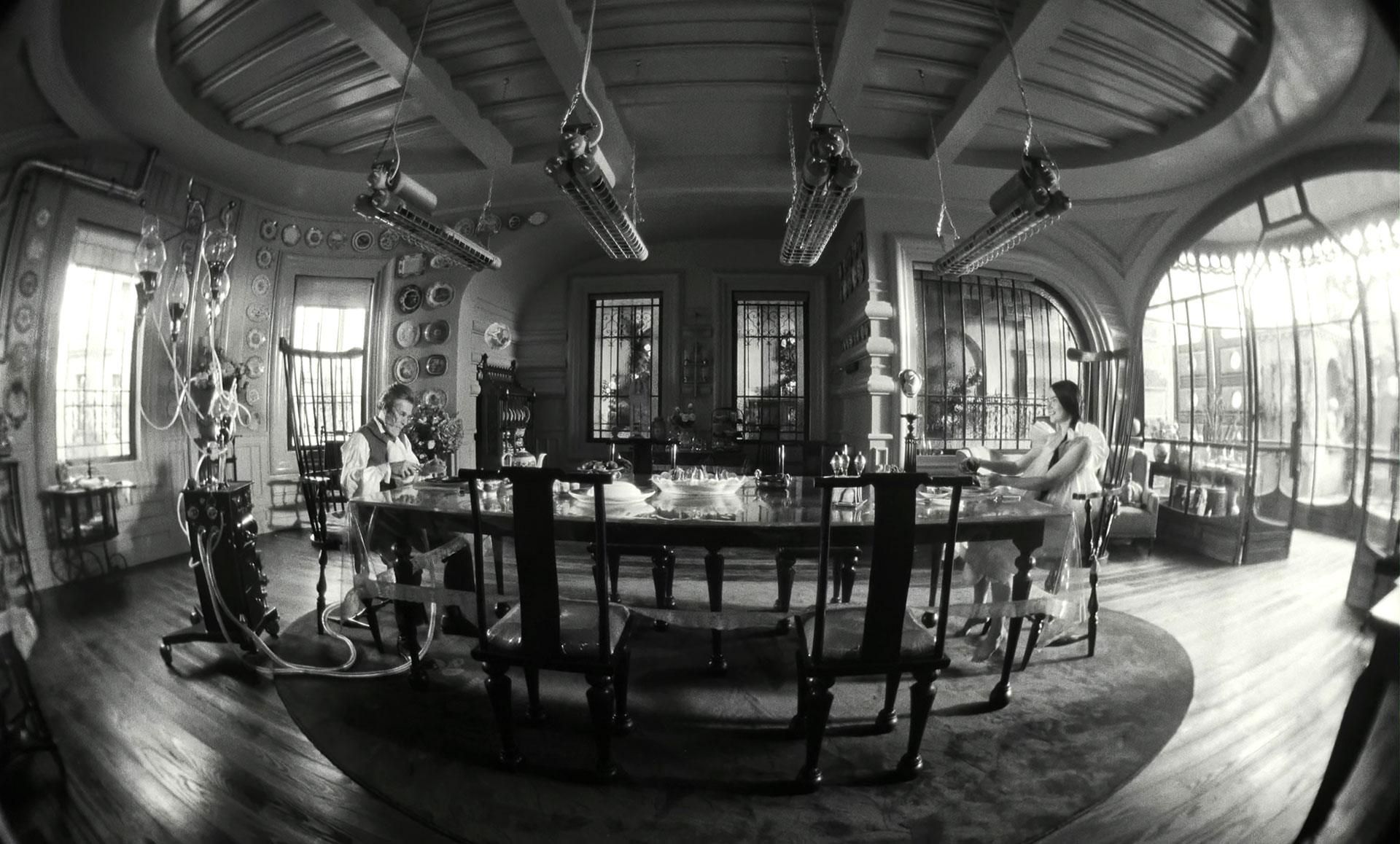
In the next scene, the film introduces us to the two leading characters: Dr. Godwin Baxter (Willem Dafoe), a brilliant surgeon whose father founded a medical school in Victorian London, and a young woman named Bella (Emma Stone) who appears to be his daughter. She has suffered from a brain injury which explains her erratic behaviors and her inability to communicate with proper language.
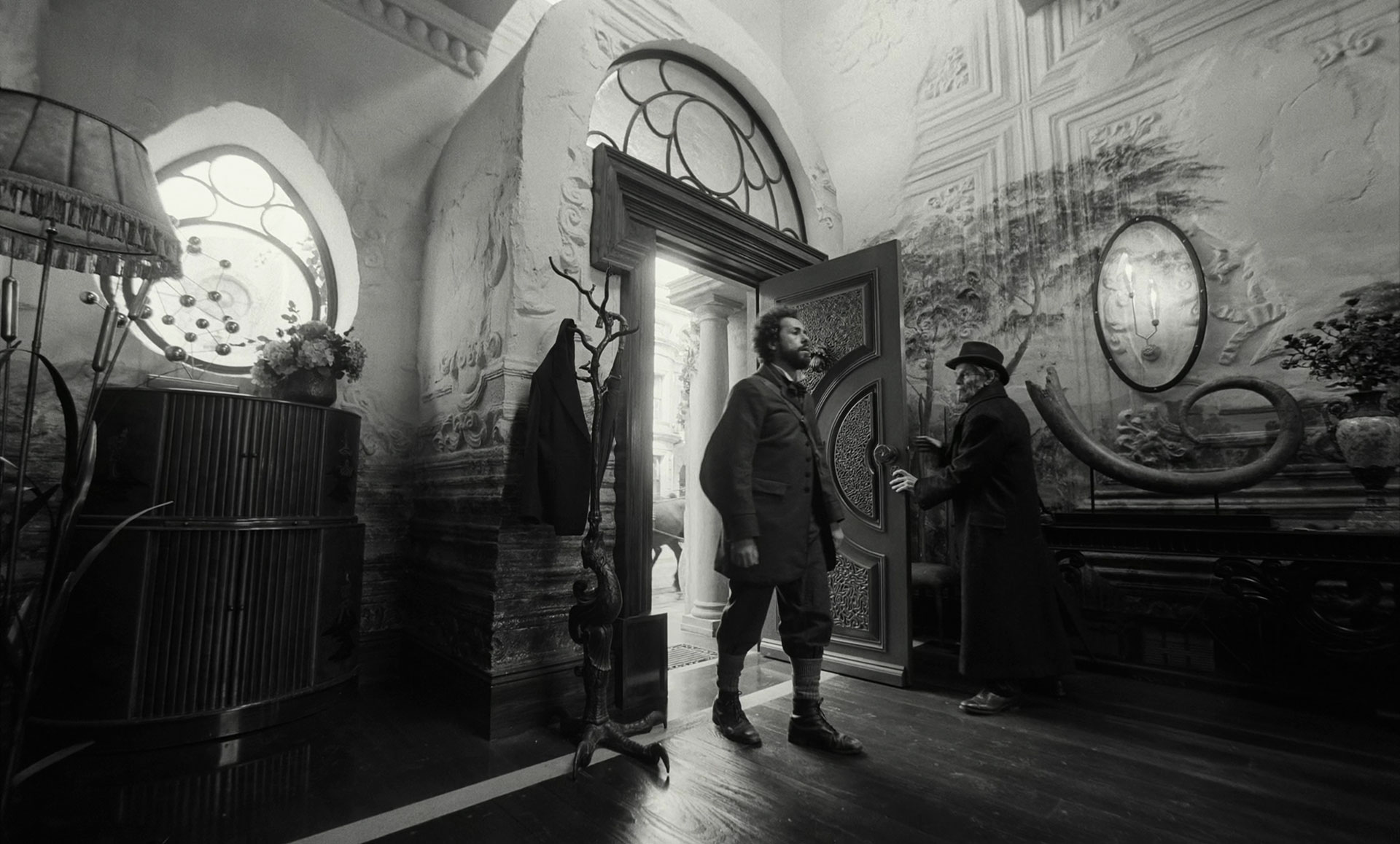
One day, Godwin brings his student, Max McCandles (Ramy Youssef), home, offering him a job assisting him in observing Bella and taking meticulous notes on her progression after Godwin repaired her brain injury. Stunned by Bella’s beauty, Max develops feelings for her as he watches her daily.
In the evening, Godwin reveals to Bella that her explorer parents were tragically killed in a landslide in South Africa. They were his best friends, and he took her in to care for her.
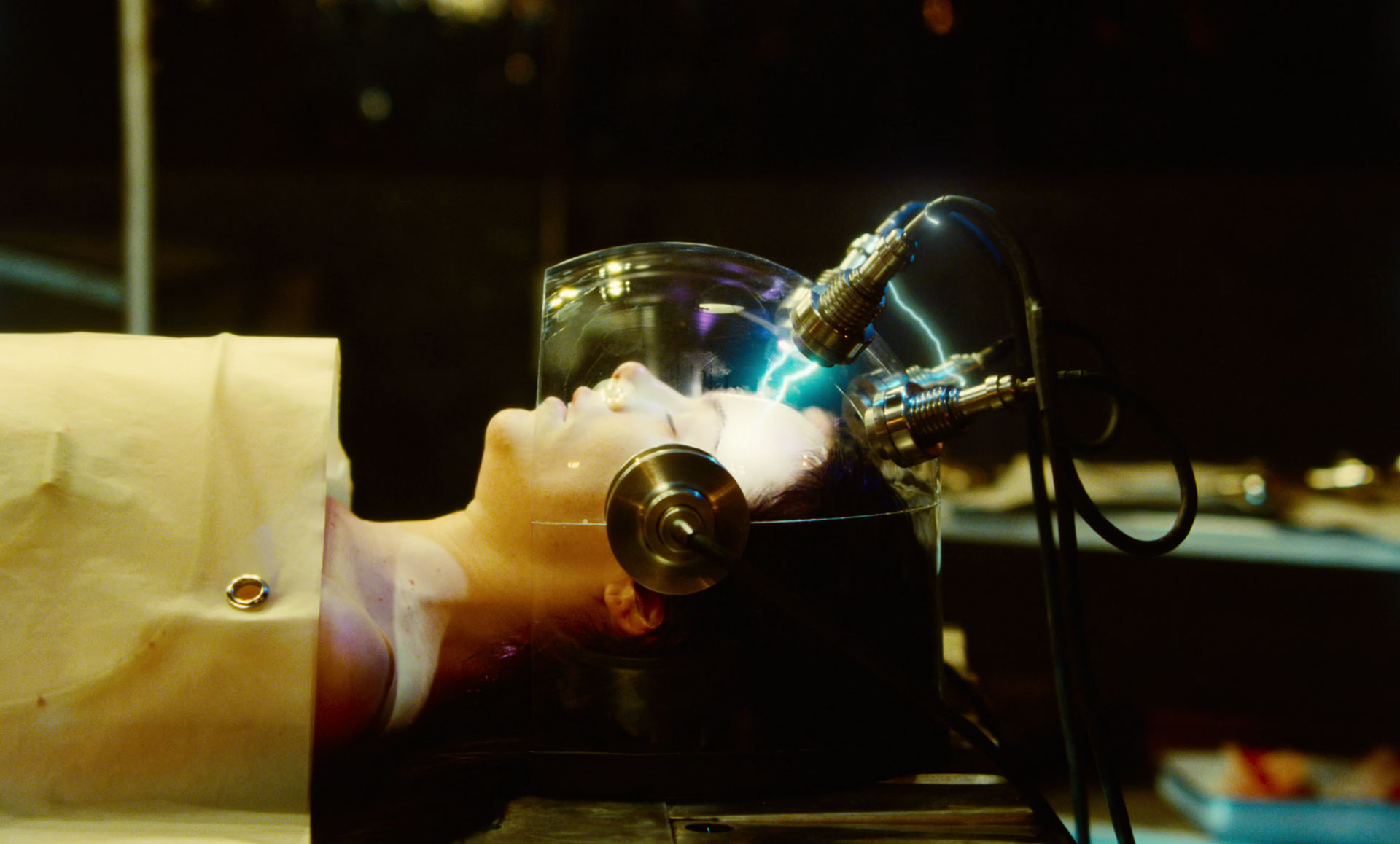
Max’s frustration and curiosity gradually grow as he wonders why Godwin seems to overprotect Bella and keeps her confined to the house, despite Godwin’s explanation that Bella requires a controlled environment due to being his experimental subject.
One day, Max discovers Godwin’s patient record, containing illustrations of the brain surgery procedure. Max confronts Godwin, who reveals a shocking truth: he found the body of a pregnant woman and, with an unorthodox method and his brilliant mind, was able to save the unborn baby by swapping its brain with the mother’s. The operation was successful, and that woman is now known as Bella.
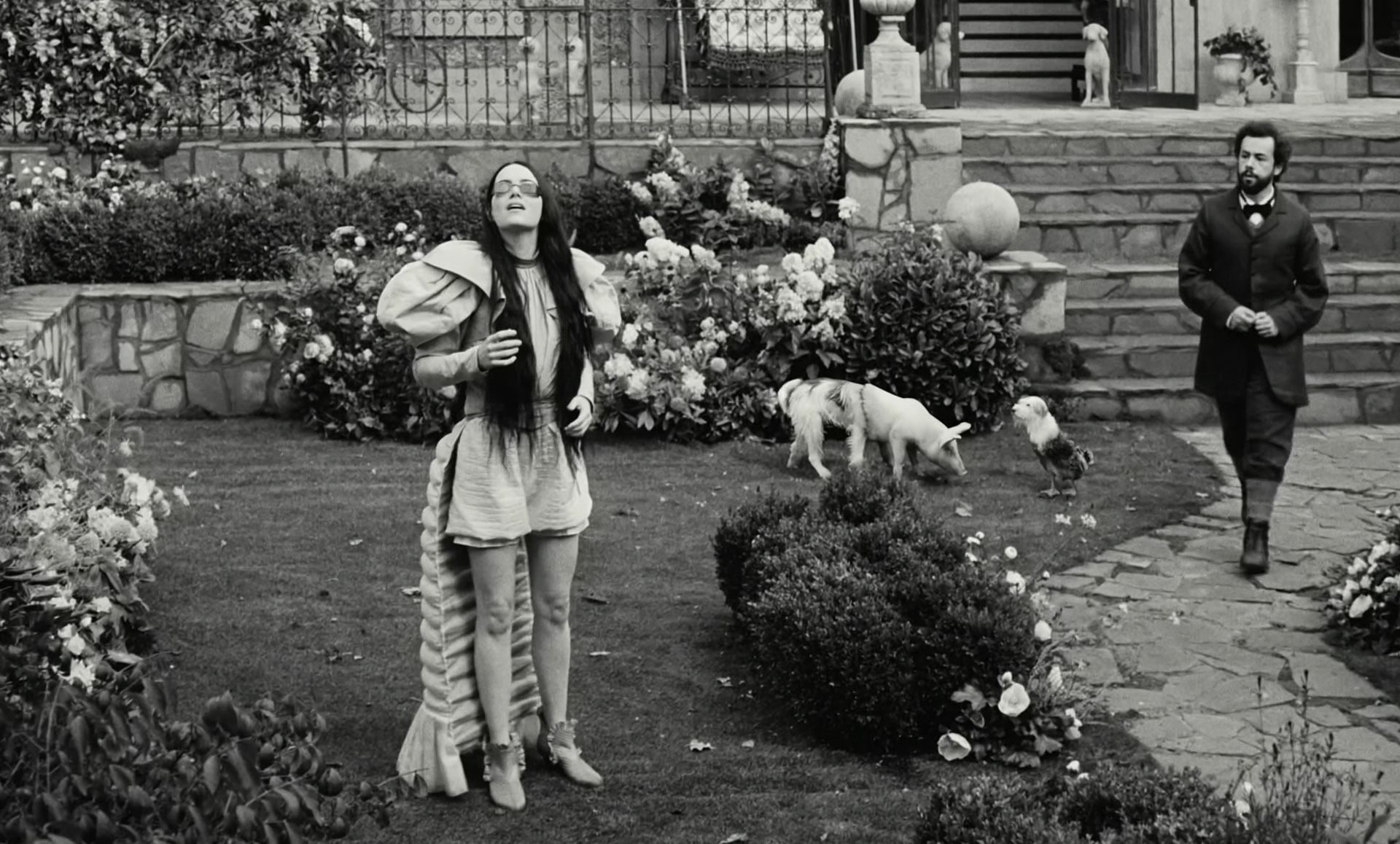
Godwin, noticing Max’s fondness for Bella, asks him if he wants to marry her. Surprised but happy, Max expresses his desire to marry Bella, on the condition that she feels the same way.
After Bella accepts Max’s proposal, Godwin hires lawyer Duncan Wedderburn (Mark Ruffalo) to revise the nuptial contract, which contains several restrictions, including a requirement for Max to permanently reside with Bella in Godwin’s house.
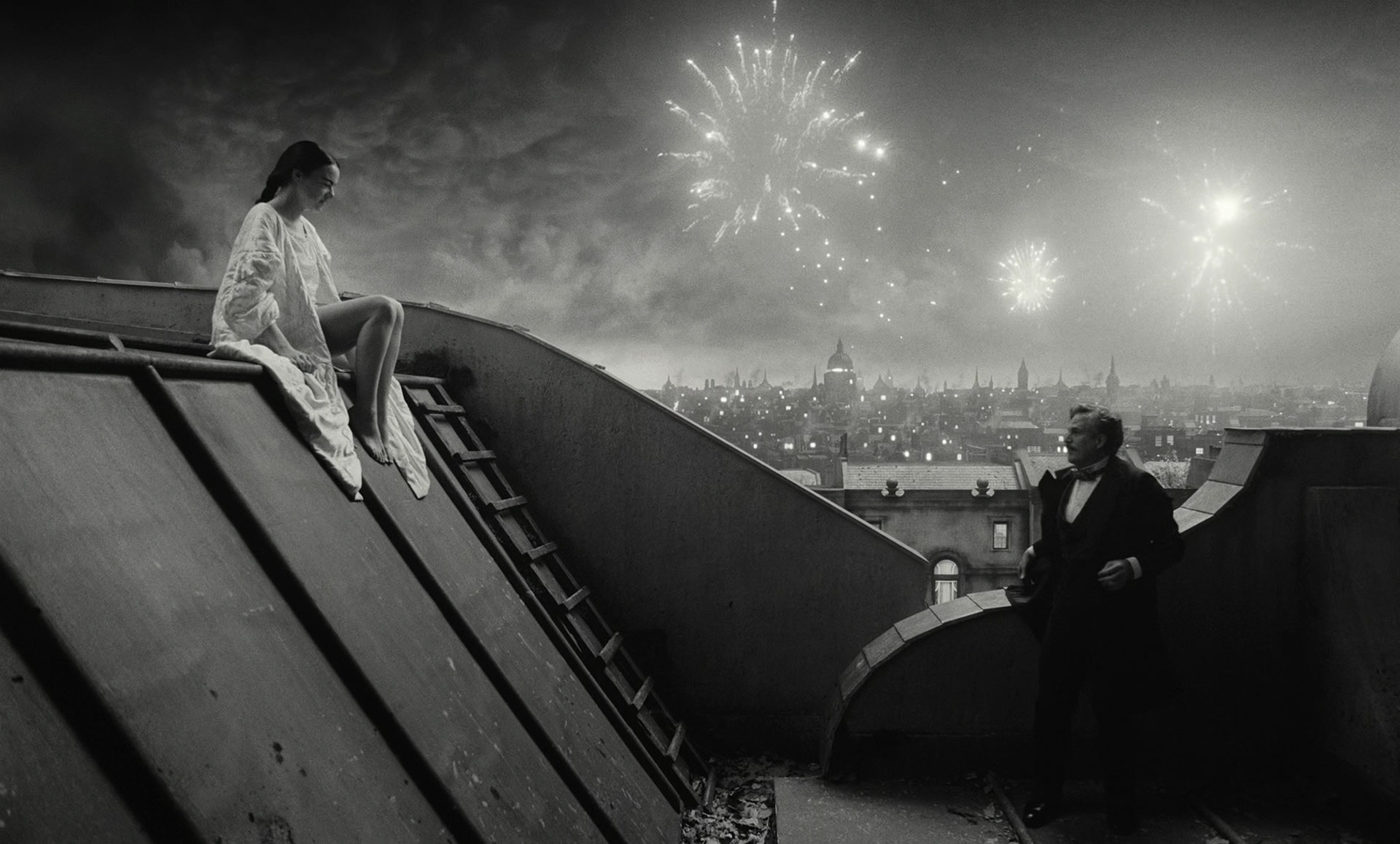
Duncan, a mischievous man, is piqued by Godwin’s contract. While Godwin reviews the contract, he excuses himself to the restroom, though his true intention is to find Bella.
Initially struck by Bella’s beauty, Duncan returns uninvited to Godwin’s house specifically to meet her. He promises to whisk her away to see the world she could only dream of. Bella, captivated by the promise, eventually decides to run away with Duncan.

In Lisbon, Portugal, Duncan and Bella stay at a luxurious hotel, indulging in fancy restaurants, dancing in the hotel’s grand ballroom.
There, Bella experiences intimacy with a man for the first time, finding it pleasurable. Her cognitive abilities and communication skills rapidly improve. She grapples with the complexities of social etiquette, finding it confusing at times.
However, Duncan becomes aggressive and furious when he discovers Bella allowed another man to tongue her. Adding to his growing concerns, Bella occasionally disappears from the hotel for hours, exploring the city independently.
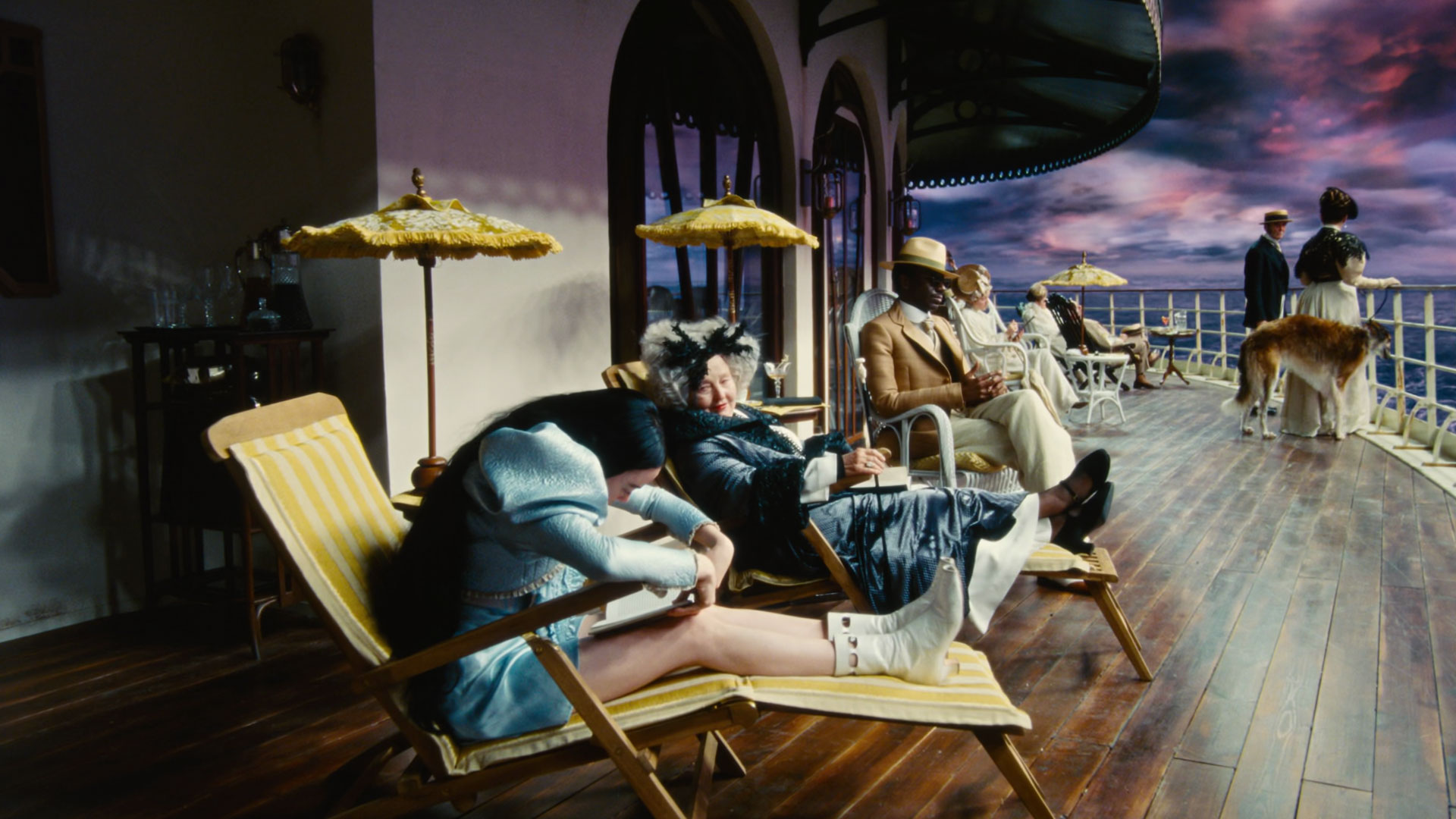
Fearing for her safety and determined to control her movements, Duncan deceives Bella by locking her in a chest and transporting her to a luxurious ship bound for Athens, knowing she’d have no way of escaping.
Aboard the ship, Bella befriends an interesting old woman named Martha von Kurtzroc (Hanna Schygulla) and a cynical yet insightful man named Harry Astley (Jerrod Carmichael). Both unveil the wonders of philosophy and literature, opening Bella’s mind to new perspectives.
However, Duncan’s jealousy flares as Bella prioritizes their company over his, leading him to waste his days in the ship’s casino, indulging in excessive drinking and gambling.

In Alexandria, Harry exposes Bella to the harsh realities of the world, where poverty and suffering are starkly evident. Witnessing people struggling without food or money, even babies succumbing to hunger, deeply disturbs Bella.
Returning to the ship, she finds Duncan passed out from excessive drinking, surrounded by scattered winnings from his gambling spree.
Bella gathers the money into a wooden box, determined to return to land and help the poor in the slum near the hotel. However, intercepted by the crew as the ship prepares to depart, she’s forced to entrust the box of money to them, albeit with their false promise to deliver it.
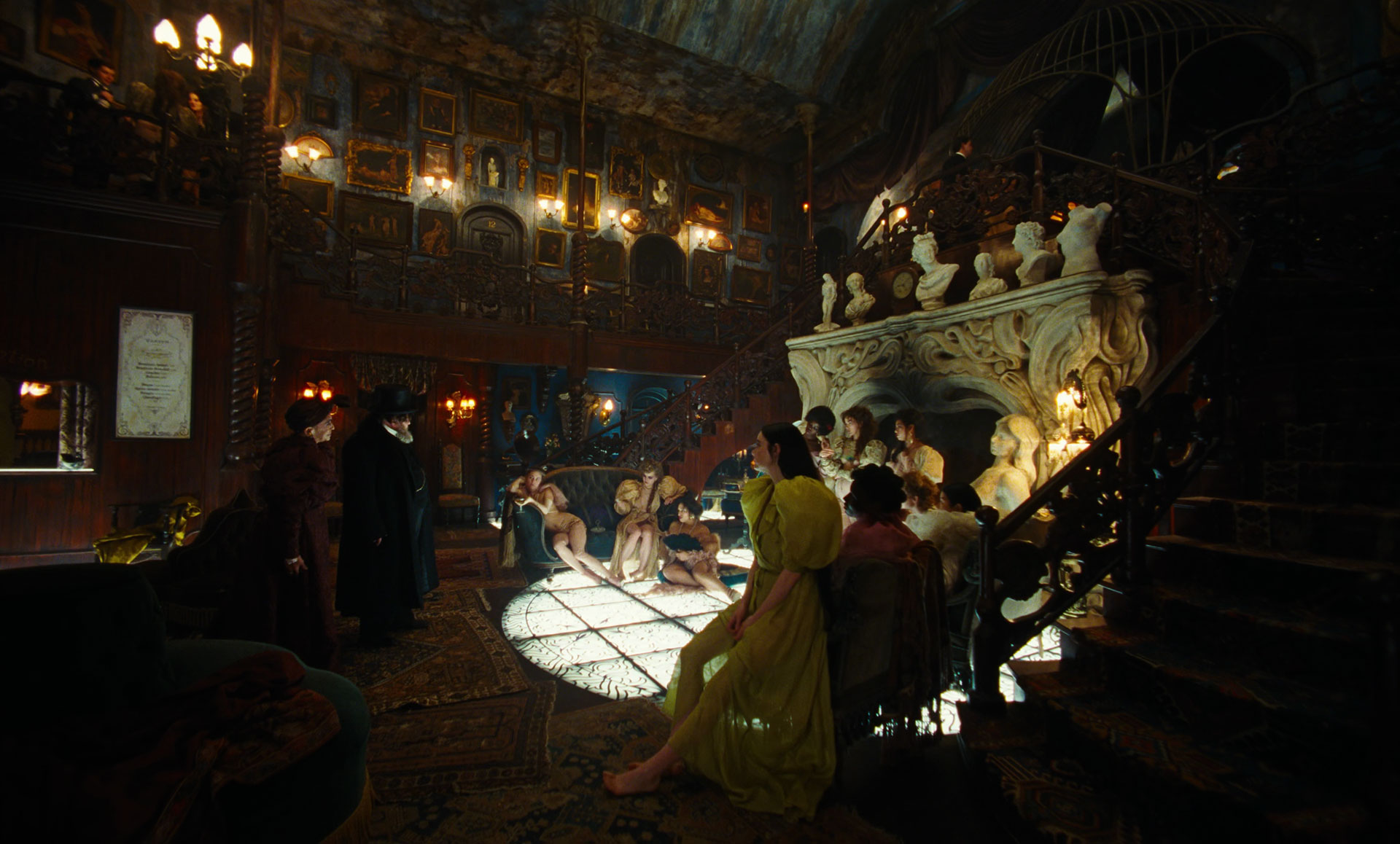
Without Duncan’s money, they are both kicked off the ship at the next port in Marseille. They manage to make their way to Paris, where Bella finds work at a brothel to earn some money. But when Duncan learns what she’s done, he becomes infuriated, asserting that it was the worst thing a woman could do.
Bella abandons Duncan and begins to work for Madame Swiney (Kathryn Hunter). She befriends another sex worker, Toinette (Suzy Bemba), who introduces her to socialism. She also uses the money she has earned to further her education as a medical student.
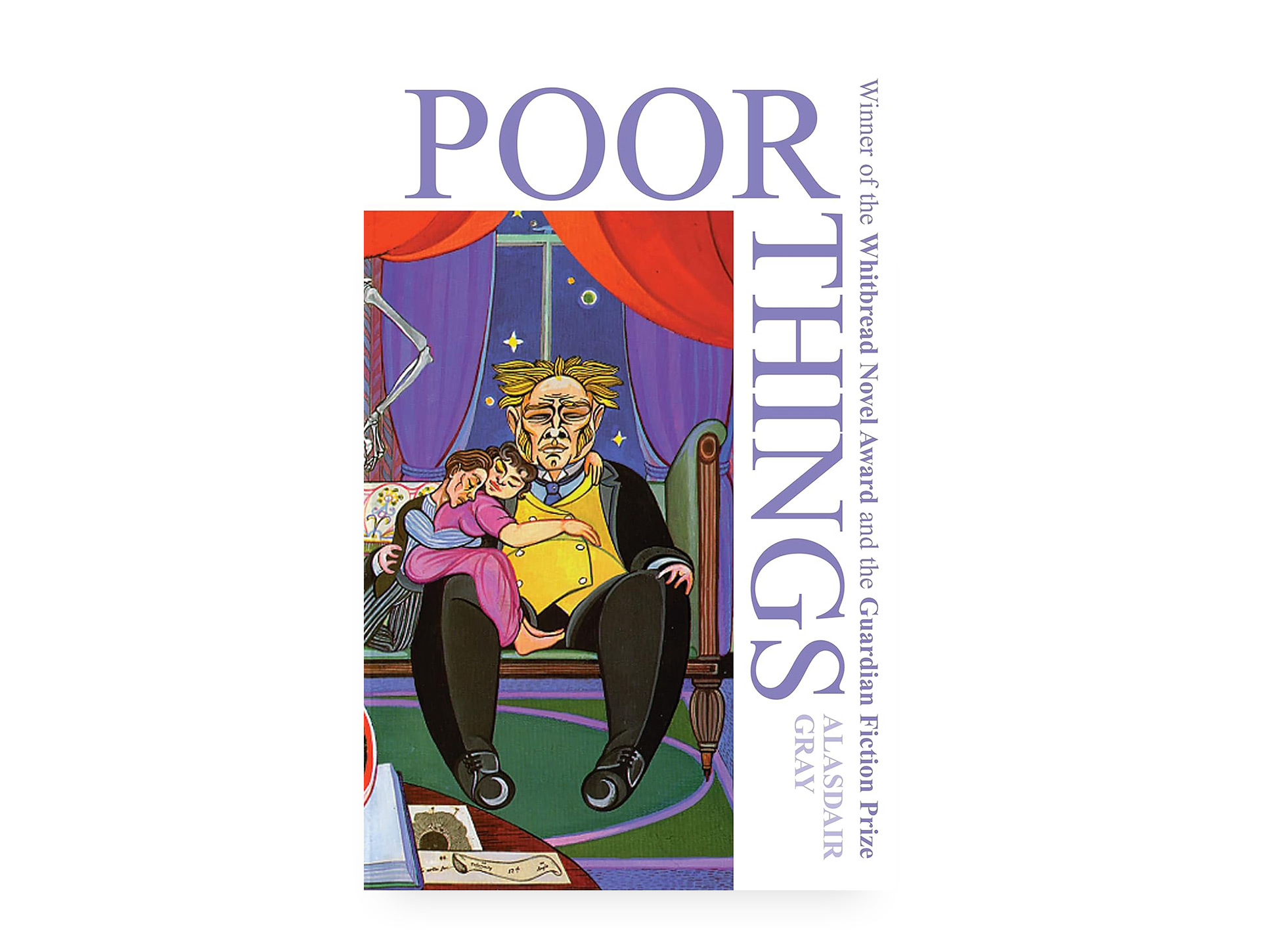
A film directed by Greek filmmaker Yorgos Lanthimos with a script by Australian playwright Tony McNamara, is adapted from the 1992 novel “POOR THINGS: Episodes from the Early Life of Archibald McCandless M.D., Scottish Public Health Officer,” by Scottish author Alasdair Gray.
The novel centers around Bella Baxter, a woman whose early life and identity are shrouded in ambiguity, further distorted by her husband Archibald McCandless’s autobiography.
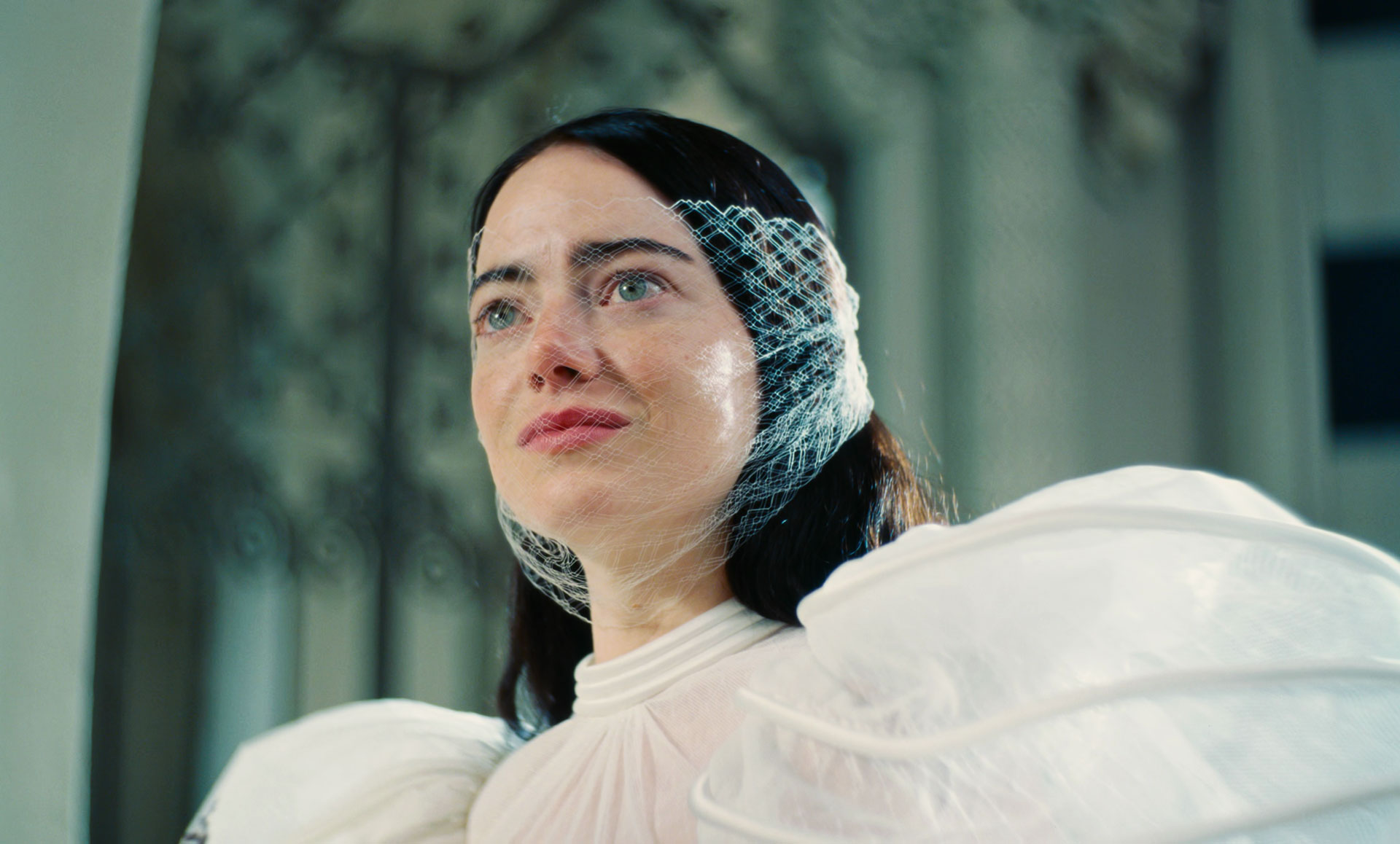
POOR THINGS is a visual feast with a stellar performance from Emma Stone as the unconventional Bella Baxter. The cinematography is a standout feature, with bold, captivating visuals and flamboyant set design transporting the viewer into a fantastical, almost dreamlike world of both gothic beauty and heightened absurdity.

The film falters somewhat by frequently depicting Bella’s journey through a lens of male gaze. While clearly intended as a tale of female liberation, the film repeatedly objectifies its protagonist as she bounces between male figures.
Bella, while undeniably possessing agency, is nevertheless depicted with a relentless focus on her physical form. This male gaze undercuts the film’s attempt at female empowerment, leaving the viewer with the sense that even in escaping the stifling societal norms, Bella finds no escape from exploitation.
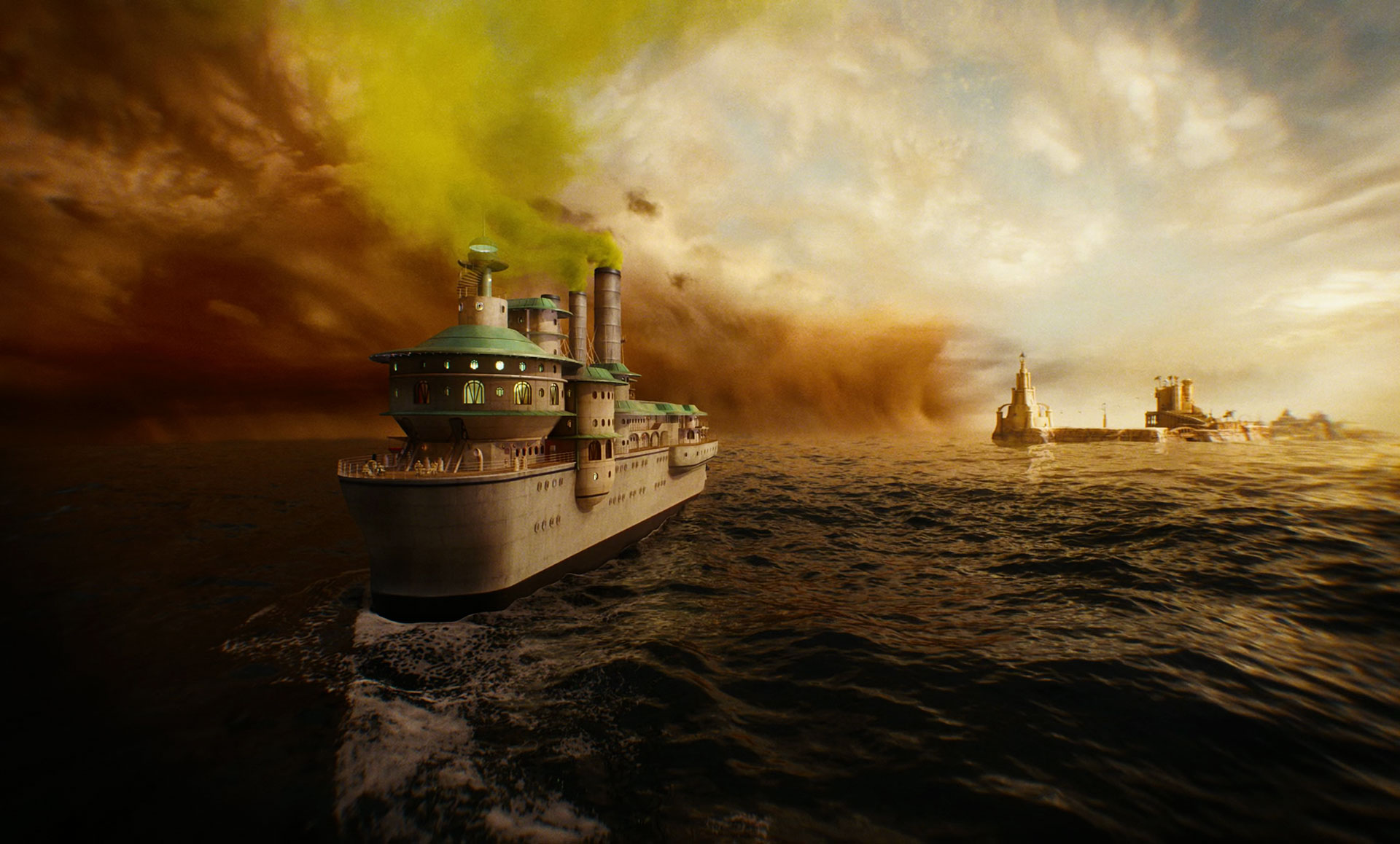
POOR THINGS is a film that simultaneously dazzles and disappoints; the film feels longer than it should be, filled with irrelevant sex scenes and long dialogues that paradoxically sound sophisticated yet feel superficial.
The timing in the film is also questionable, as I wonder what age Bella really is. In the beginning, she acts like a toddler, then she transforms all of the sudden into a teenager. Is she basically an early teen or younger in an adult body?

I half-expected the story would end with Bella performing a miraculous surgery procedure swapping Godwin’s brain into Alfie’s head, but I guess that would be too much of a fairytale ending.
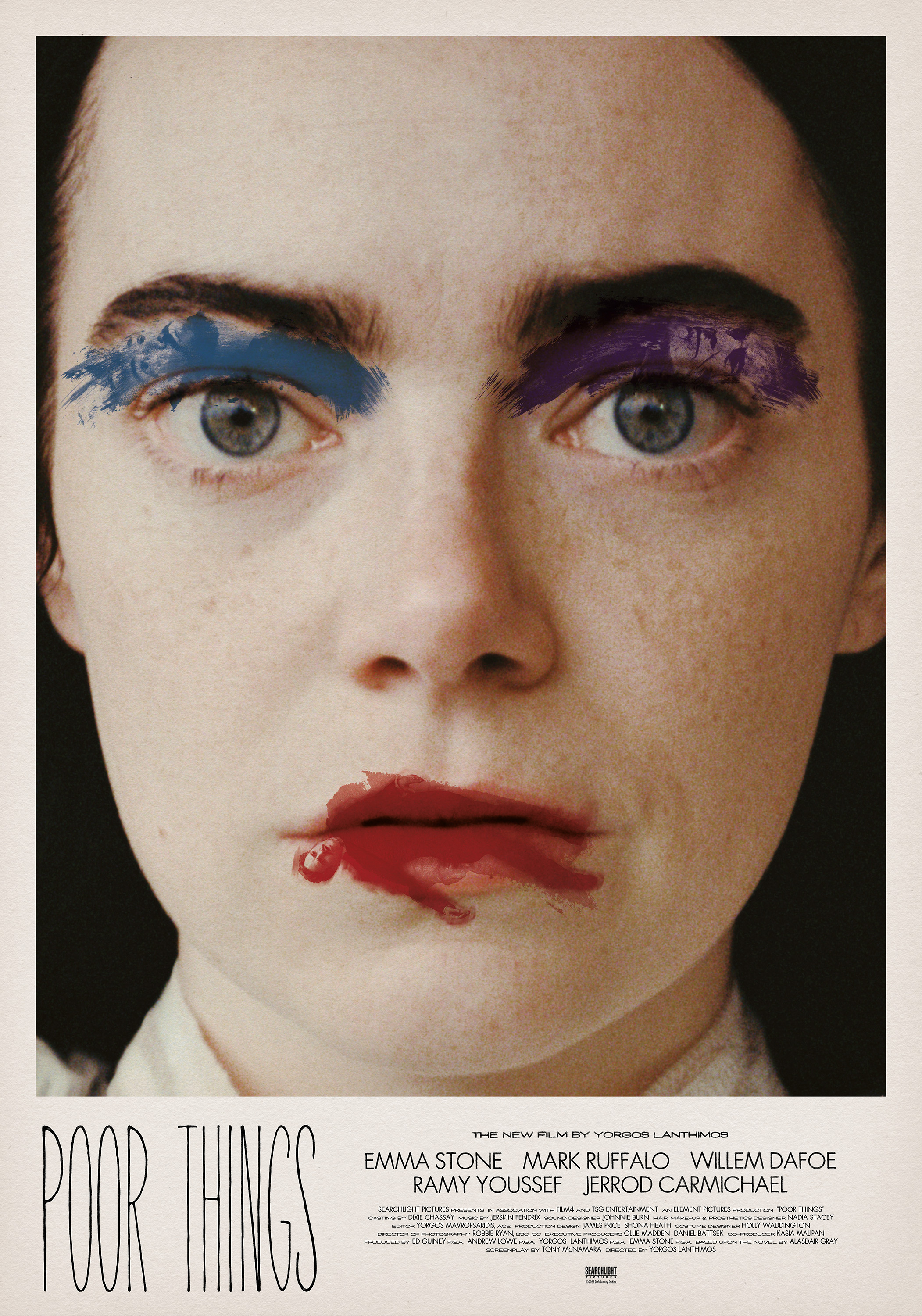
POOR THINGS premiered at Biennale di Venezia on 1 September 2023, where it won Leone d’oro (Golden Lion). The film was theatrically released in the United States on 8 December.
Leone d’oro (Golden Lion) is the highest prize given to a film at the Venice Film Festival. The prize was introduced in 1949 by the organizing committee and is now regarded as one of the film industry’s most prestigious and distinguished prizes.

